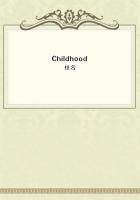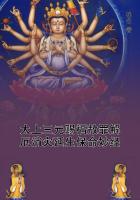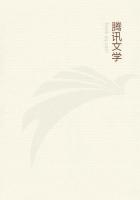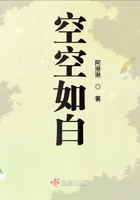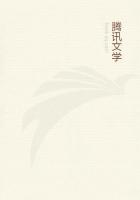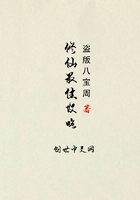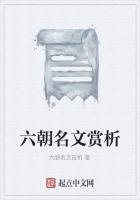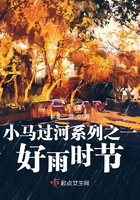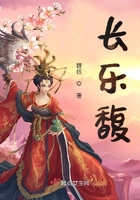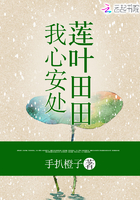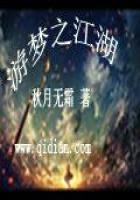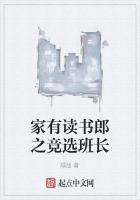There is, however, a very interesting type of person who uses weakness as a weapon to gain a purpose, not support. The tears of many women have long been recognized as potent in that warfare that goes on between the ***es; the melting of opposition to the whim or wish when this manifestation of weakness is used is an old story. The emotional display renders the man uncomfortable, it disturbs him, he fears to increase it lest the opponent become sick, his conscience reproaches him, and he yields rather than "make a fuss." Tears can be replaced by symptoms of a hysteric nature. I do not mean that these symptoms are caused by the effort to win, but they become useful and are made habitual. Nor is this found only in woman; after an accident there are men in plenty whose symptoms play a role in securing compensation for themselves, not necessarily as malingerers. It is in human nature to desire the sympathy of others, and in some cases this sympathy is sought because through sympathy some other good will be forthcoming,--a new dress, a lump sum of money, or merely securing one's own way. Very noticeably do children tend to injure themselves if crossed; anger tends to turn on itself, and the effect on the other party is soon realized, and often utilized. A child may strike its head against the floor without any other motive than that arising from hopeless anger, but if this brings the parents to their knees,[1] the association is made and the experience becomes part of the working technique of the child.
[1] This turning of anger upon itself is a factor in self-destruction. It is seen, so the naturalists say, in the snake and the asp, and it is common in human relations.
5. There is in man an urge to activity independent of reward save in the satisfaction that comes from that activity. This current is organized into work, and the goal becomes achievement. The most powerful factor in discharging the energies of man is the desire for achievement. Wealth, superiority, power, philanthropy, renown, safety and pleasure enormously reinforce this purpose, but behind the GOOD work of the world is the passion to create, to make something, to mold the resisting forces of nature into usefulness and beauty. Handicraftsman, artist, farmer, miner, housewife, writer,--all labor contradicts the legend that work is a curse. To gain by work, to obtain desires through labor, is a method of attainment that is a natural ideal of man.
This makes opportune a discussion of the work-traits. Since ours is an industrial society, in which the work of a member is his means of obtaining not only respect, but a living, these traits are largely those by which he is judged and by which he judges himself.
Since work for some is their life and for others their means of obtaining a living, it is obvious that the work-traits may be all the traits of the individual, or only a few of them. Certain traits are especially important, and to these we must limit ourselves.
The energy of the individual. Some are so constituted that they can constantly discharge their energy at a high rate. These are the dynamics, the hyperkinetic, the Rooseveltian--strenuous--the busy people, always able to do more. The modern American life holds this type as an ideal, though it is quite questionable whether these rather over-busy people do not lose in reflective and creative ability. The rushing stream turns the wheels of the mills, but it is too strenuous for stately ships. This type however achieves things, is seen often in the fine executive and usually needs no urging.
There is another fine type not so well adapted to our civilization, which is easily exhausted, but can accomplish very much in a short time; in other words discharges energy intermittently at a high rate. Charles Darwin was of this kind--intermittently hyperkinetic --obliged to rest after an hour's labor, but by understanding this, WILLING to rest.
Unfortunately, unless one is a genius or rich, industry does not make allowances for this type. Industry is organized on steadiness of energy discharge,--eight hours every day, six days a week.
The commonest type is the "average" person who is capable of moderately intense but constant activity. This is the steady man and woman; it is upon this steadiness that the whole factory--shop system--is based. That this steadiness deadens, injures vivacity and makes for restlessness, is another matter.
A distinctly pathological type is found in some feebleminded and some high mentalities. This unfortunate discharges energy at a low rate is slow in action and often intermittent as well as hypokinetic. The loafer and the tramp are of this type. Around the water front of the seaports one can find the finest specimens who do odd jobs for as much as will pay for lodging and food and drink. Perhaps the order of the desired rewards should be reversed. Every village furnishes individuals of this group, either unable or unwilling to work consecutively or with energy.
Often purposeless day-dreamers or else bereft of normal human mentality, these are the chronically unemployed of our social-industrial system.

